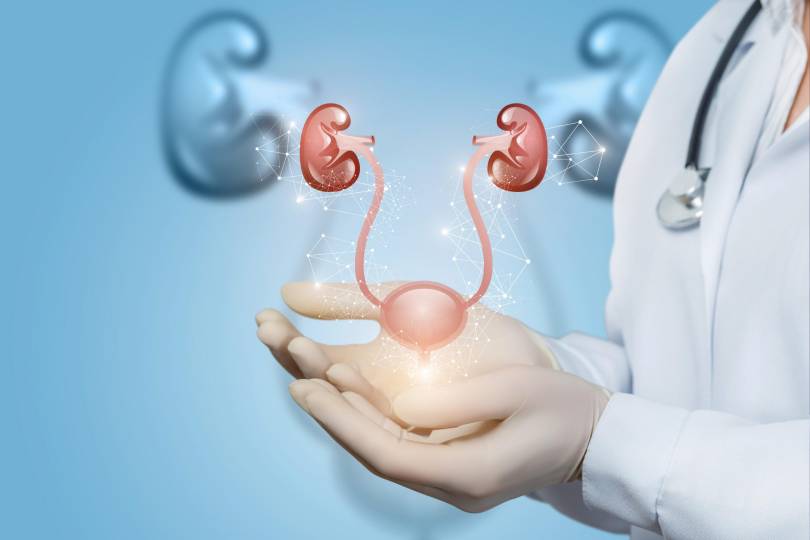
Uro-Surgery
Definition:
Uro-surgery, also known as urological surgery or genitourinary surgery, focuses on the diagnosis, treatment, and management of conditions affecting the urinary tract and male reproductive system. Urologists specialize in performing a wide range of surgical procedures to address conditions such as kidney stones, urinary incontinence, prostate cancer, bladder cancer, erectile dysfunction, and infertility.
Causes:
Urological conditions may arise from various factors including urinary tract infections, kidney stones, benign prostatic hyperplasia (BPH), urinary retention, urinary incontinence, prostate enlargement, kidney tumors, bladder tumors, testicular cancer, and other urological disorders.
Symptoms:
Symptoms of urological conditions vary depending on the specific problem but may include urinary urgency, frequency, hesitancy, dribbling, nocturia, dysuria, hematuria, flank pain, groin pain, erectile dysfunction, infertility, or changes in urinary flow or stream.
Treatment:
Treatment of urological conditions may involve conservative measures such as medication, lifestyle modifications, and behavioral therapy. In cases where conservative measures fail to provide relief or complications arise, surgical intervention may be necessary. Urological surgeries range from minimally invasive procedures such as ureteroscopy or prostatectomy to more complex surgeries such as radical cystectomy or nephrectomy.
Conclusion:
Uro-surgery plays a critical role in treating a wide range of urological disorders, offering patients relief from symptoms, improving urinary function, and enhancing overall quality of life. By providing comprehensive evaluation, personalized treatment plans, and advanced surgical techniques, urologists strive to optimize outcomes and achieve the best possible results for patients with urological conditions.
